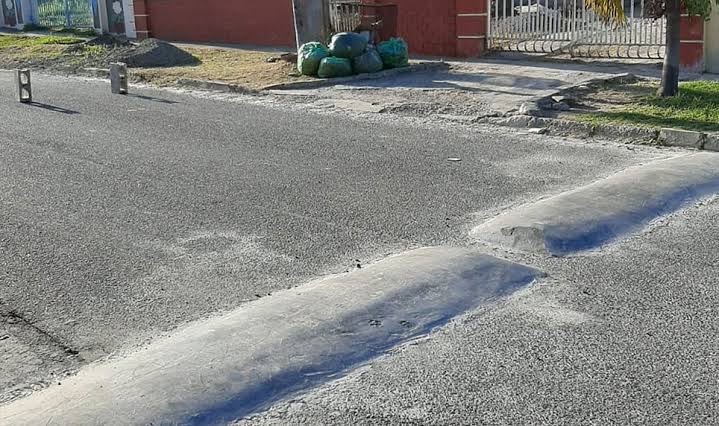Nigeria Tackles Traffic: Major Roads to Lose Speed Bumps Nationwide
The Federal Government of Nigeria has launched a bold initiative to transform the country’s road network. On January 18, 2025, Minister of Works David Umahi announced the immediate removal of speed bumps from major roads nationwide. This move aims to improve traffic flow and reduce congestion on highways across the country.
A Vision for Smoother Roads
The government’s decision forms part of a larger plan to modernize Nigeria’s transportation infrastructure. It addresses long-standing issues of traffic congestion in major cities and on interstate highways. Minister Umahi believes this change will enhance road travel efficiency, potentially reducing journey times and fuel consumption for millions of Nigerian motorists.
“Our highways should facilitate smooth movement, not hinder it,” Umahi stated during the announcement. “By removing these obstacles, we aim to create a more fluid and efficient road network that benefits all Nigerians.”
Mixed Reactions from Stakeholders
The directive has sparked diverse opinions among various groups. Supporters argue it will boost economic productivity by cutting transportation costs and delivery times. Critics worry about potential safety risks, especially in residential areas where speed bumps often serve as traffic calming measures.
Traffic experts note that while speed bumps can effectively reduce vehicle speeds in specific areas, their widespread use on major roads often causes problems. These include increased fuel consumption, vehicle wear and tear, and even accidents as drivers try to navigate around them at high speeds.
Phased Implementation and Alternative Solutions
The government plans to implement this directive in phases. National highways and major urban arteries will receive priority. Local authorities will work with federal agencies to identify and remove relevant speed bumps.
To address safety concerns, the Ministry of Works will introduce alternative traffic management solutions. These may include improved signage, strategic placement of traffic lights, and modern road design techniques to naturally control vehicle speeds.
Impact on Various Sectors
This decision will affect private motorists, public transportation systems, emergency services, and the logistics sector. Trucking companies welcome the news, anticipating reduced transit times and lower operational costs.
Chidi Okonkwo, president of the Nigerian Association of Road Transport Owners, called the move “a game-changer for our industry.” He believes it will allow for smoother operations and potentially lower transportation costs for consumers.
Safety Concerns and Monitoring of Major Roads
Some urban planners and safety advocates prefer a more nuanced approach. They suggest considering local traffic patterns and pedestrian safety in the decision-making process.
Dr. Amina Bello, a transportation researcher at the University of Lagos, cautioned, “While we understand the government’s intention to improve traffic flow, we must not compromise on road safety. This initiative needs comprehensive studies and alternative safety measures.”
The Federal Road Safety Corps (FRSC) will monitor the effects of speed bump removal on road safety. They plan to increase patrols and enforcement to prevent an increase in speeding violations.
Looking Ahead
As Nigeria embarks on this bold experiment, many wonder about its potential effects on urban planning, public transportation, and real estate values. Some experts predict increased commercial activity and property values in areas previously burdened by heavy traffic.
The Ministry of Works aims to complete the speed bump removal project by year-end. They will soon launch a public awareness campaign to educate drivers about the changes and promote responsible driving.
This initiative could set a precedent for similar projects across Africa, potentially reshaping traffic management approaches in rapidly developing urban centers. As Nigeria takes this significant step, only time will tell if it leads to the envisioned smooth-flowing highways or necessitates a reevaluation of road safety priorities.


